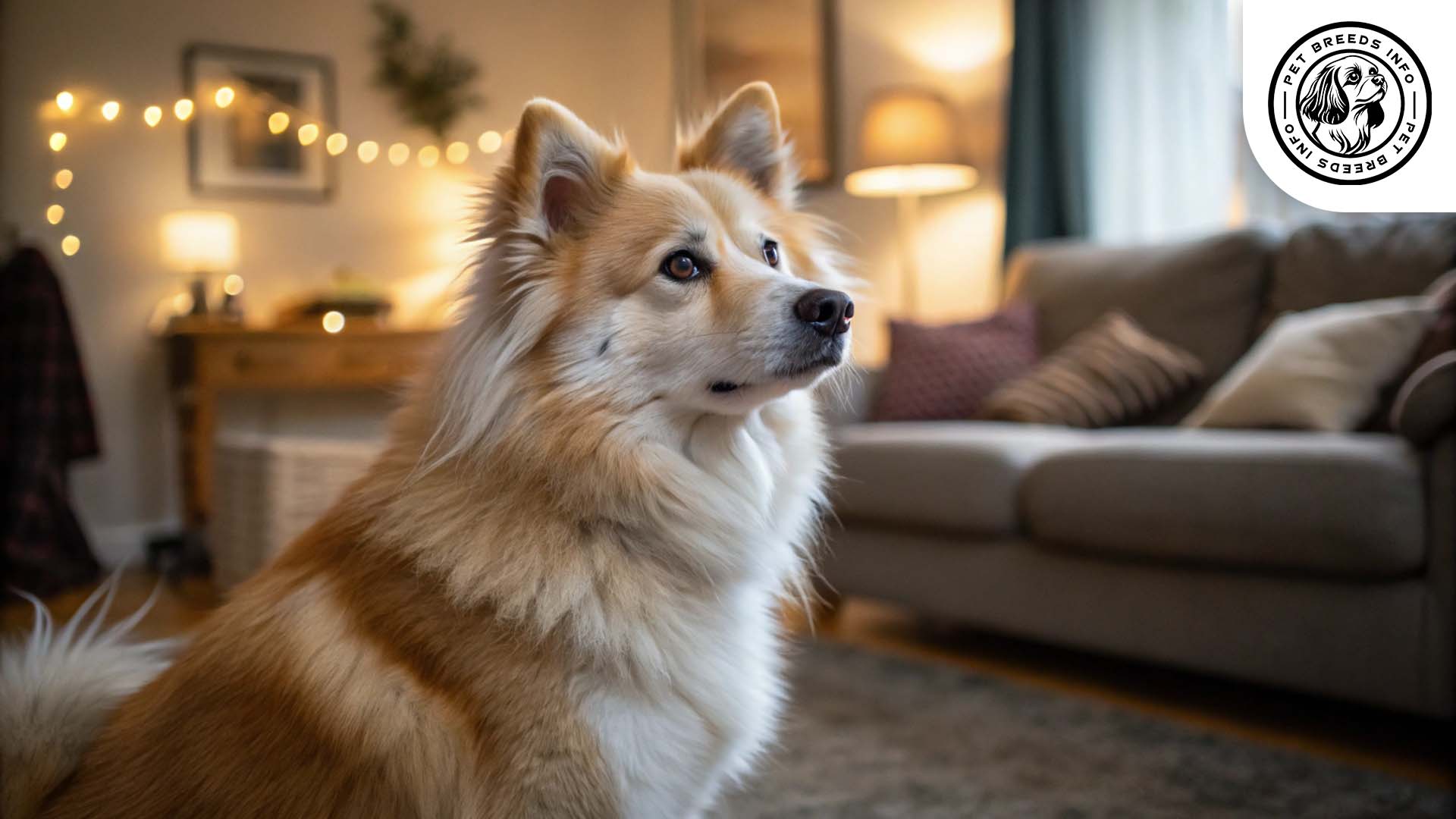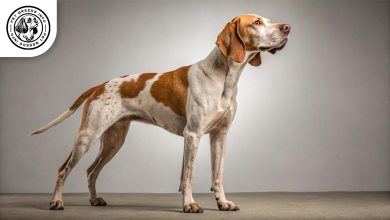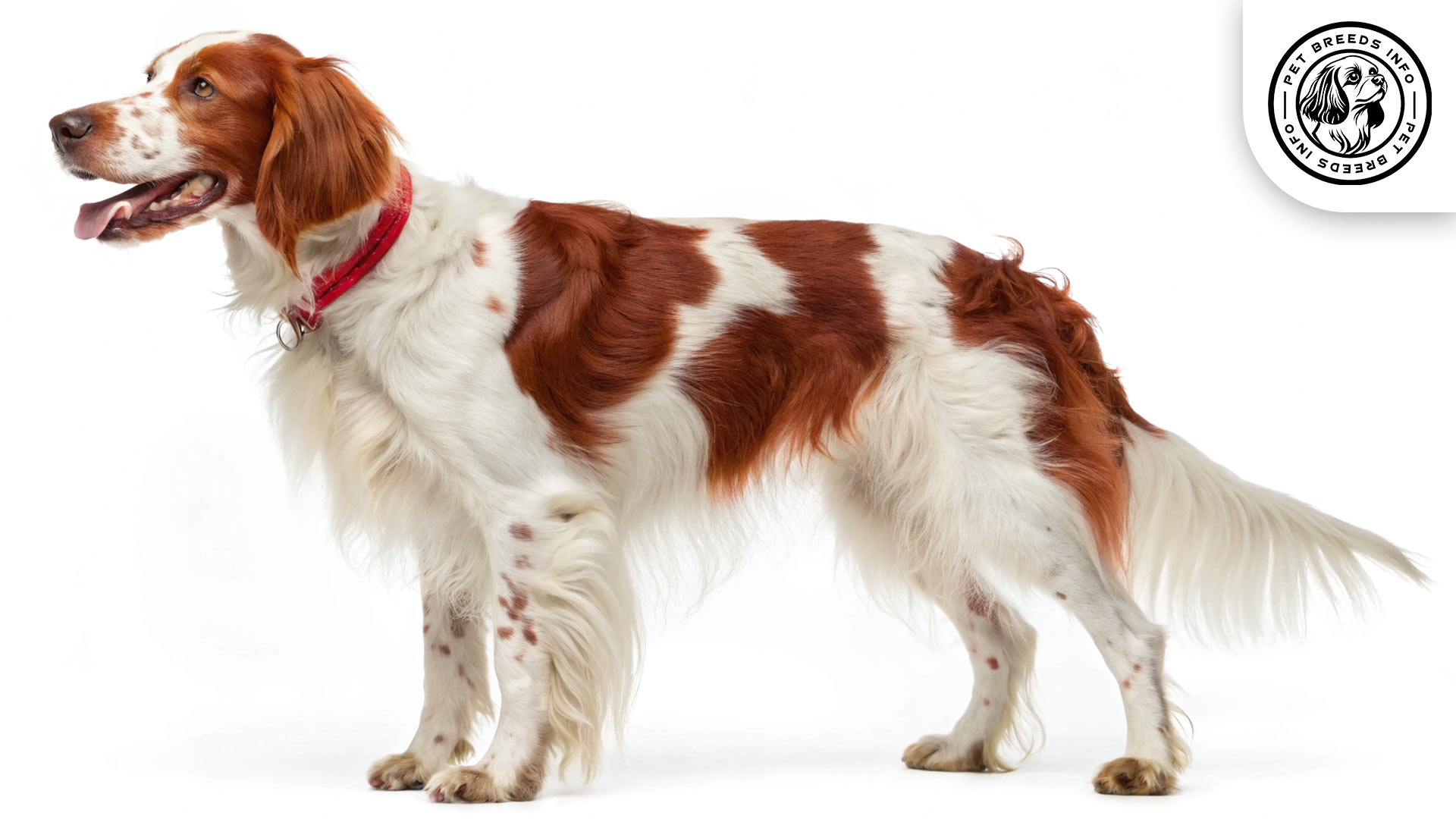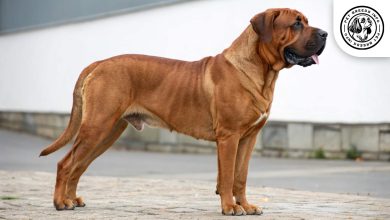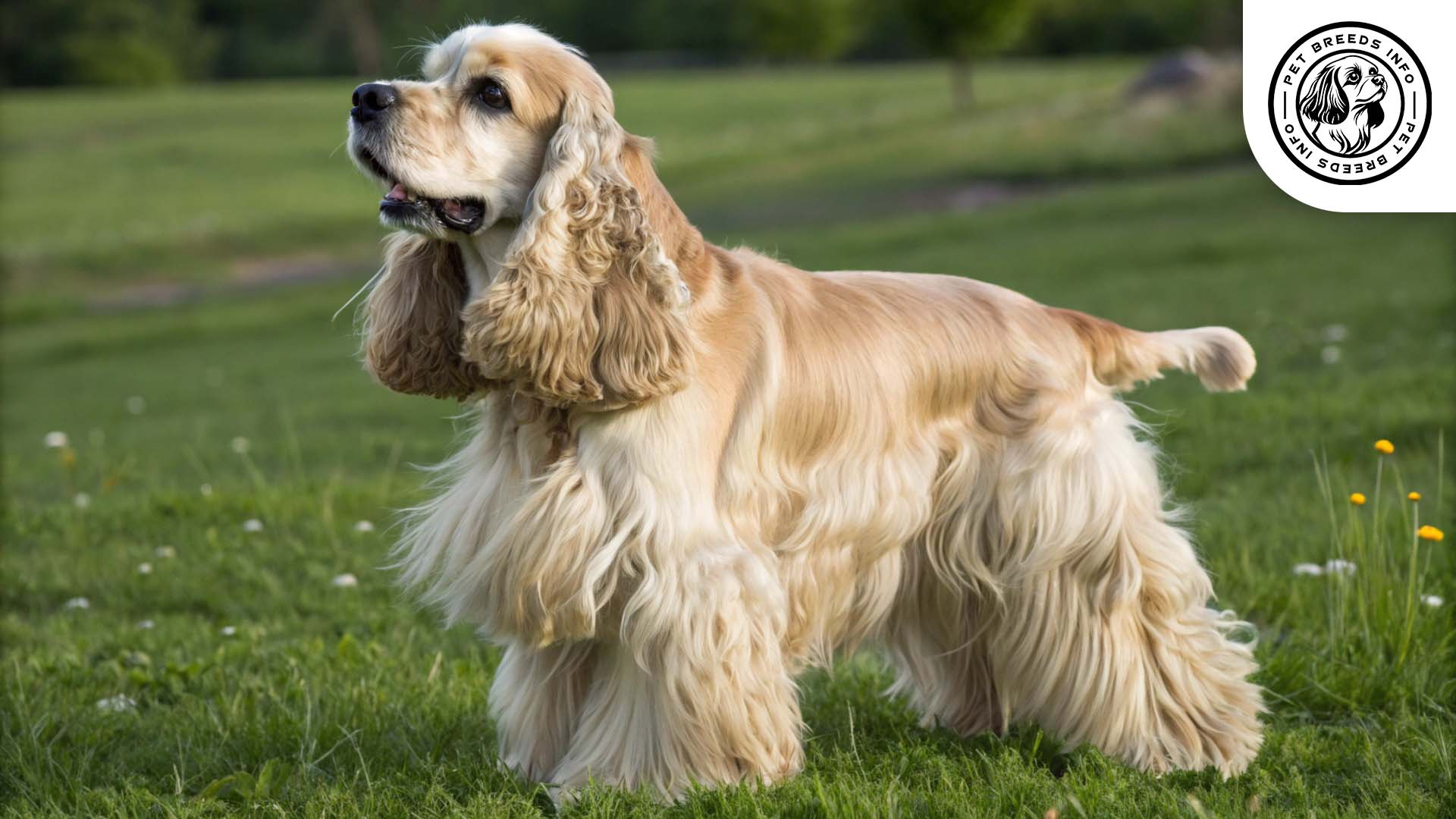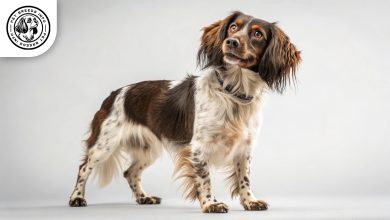Icelandic Sheepdog Breed : Size, Price & Personality
General Introduction of the Breed
The Icelandic Sheepdog, known as “Íslenskur fjárhundur” in Icelandic, is a versatile and energetic herding breed. It is Iceland’s only native dog breed and was originally brought to the island by Viking settlers over a thousand years ago. These dogs were developed to herd livestock in Iceland’s challenging terrain, helping farmers manage sheep and other animals.
Table of Contents
| Weight | Males: 25-30 lbs (11-14 kg), Females: 20-25 lbs (9-11 kg) |
| Lifespan | 12-15 years |
| Diet | High-quality dry/wet food, some follow a raw diet |
| Care | Needs daily exercise, frequent brushing, struggles in heat |
| Health | Hip dysplasia, patellar luxation, cataracts |
| Color | Various shades with white markings |
| Nature | Loyal, energetic, intelligent, social, vocal |
| Price | $800 – $1,500 depending on breeder and location |
Physical Characteristics
The Icelandic Sheepdog is a medium-sized breed. Males generally stand between 18 to 19 inches (46 to 48 cm) at the shoulder and weigh between 25 to 30 pounds (11 to 14 kg). Females are slightly smaller, typically measuring 16 to 18 inches (41 to 46 cm) in height and weighing 20 to 25 pounds (9 to 11 kg).
The breed has a thick double coat that can be either short or long. Common coat colors include combinations of tan, red, black, gray, and chocolate, often with white markings.
They have expressive, almond-shaped eyes that are dark brown with black-rimmed eyelids. Their ears are medium-sized, triangular, and stand erect. The tail is curled over the back, a distinctive feature of the breed.
Another identifying characteristic is their sturdy, compact body built for agility and endurance, making them well-suited for rough terrain.
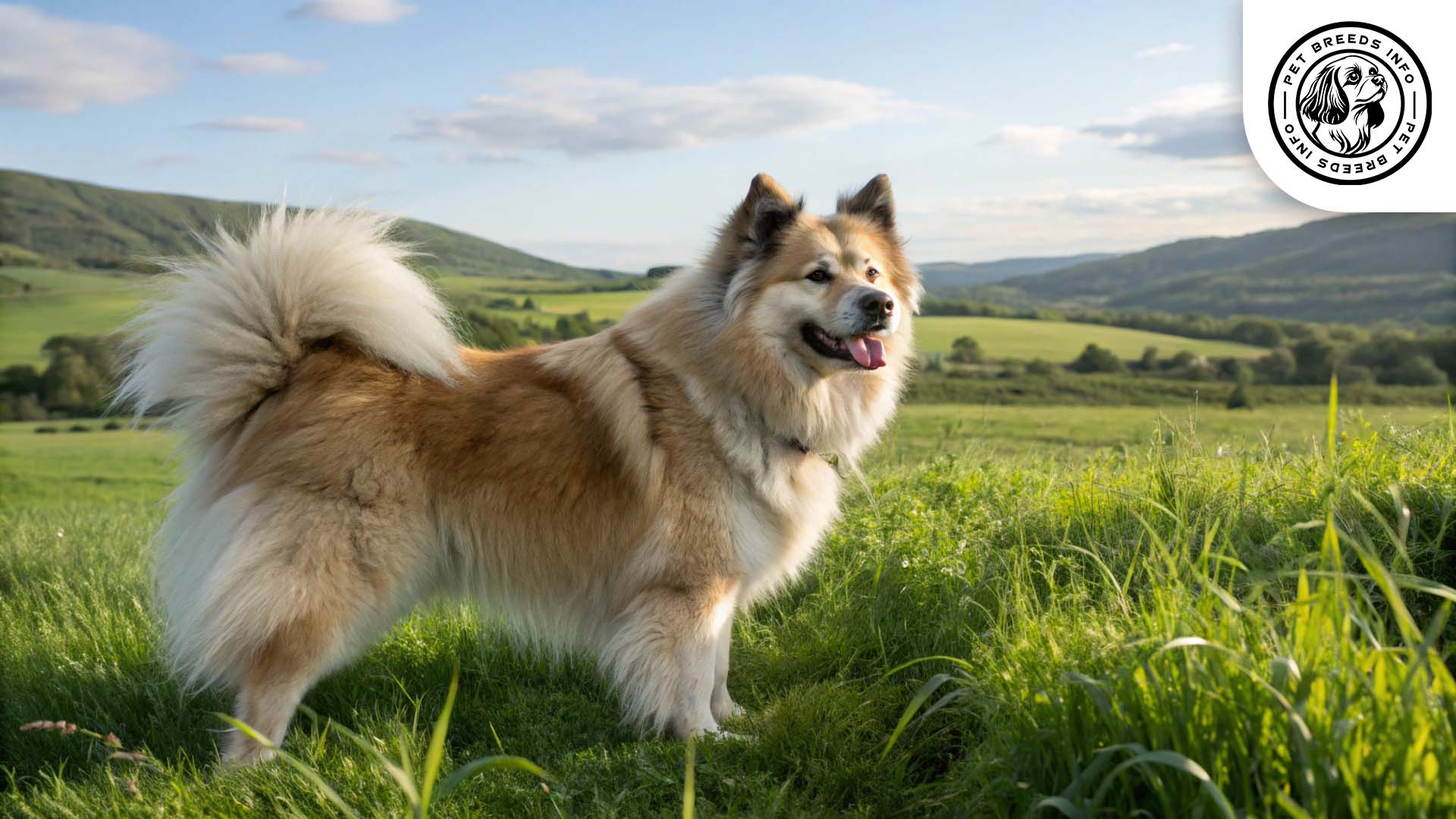
Personality and Temperament
The Icelandic Sheepdog is highly intelligent and quick to learn, making them responsive to training. They have high energy levels and require regular physical activity.
These dogs are very affectionate, forming deep bonds with their owners. They are social animals that get along well with people, children, and other pets when properly socialized.
They have a playful and curious nature, often staying engaged in various activities. While not aggressive, they do have strong herding instincts and may try to herd small children or other animals.
Due to their sensitivity to their environment and surroundings, they can be quite vocal, alerting their owners to any unusual activity.
Read More: Great Pyrenees Dog
Care and Maintenance Requirements
The Icelandic Sheepdog requires at least an hour of exercise daily. Activities such as hiking, running, or playing fetch help maintain their physical and mental health.
They can adapt to apartment living but thrive best in a home with a yard where they have space to move around.
The breed’s thick double coat sheds throughout the year and requires regular brushing two to three times a week. Shedding increases during seasonal changes.
They handle cold weather well but may struggle in extreme heat, requiring shade and hydration.
Routine hygiene care includes occasional baths, regular nail trimming, ear checks, and dental care to prevent infections and maintain good health.
Diet and Nutrition
A balanced diet consisting of high-quality dry or wet food is recommended for this breed. Some Icelandic Sheepdog owners also follow a raw or natural diet.
They have no major dietary restrictions but should avoid foods such as chocolate, onions, grapes, and processed human foods.
Portion sizes depend on the dog’s activity level and weight, generally one to two meals per day to prevent overeating.
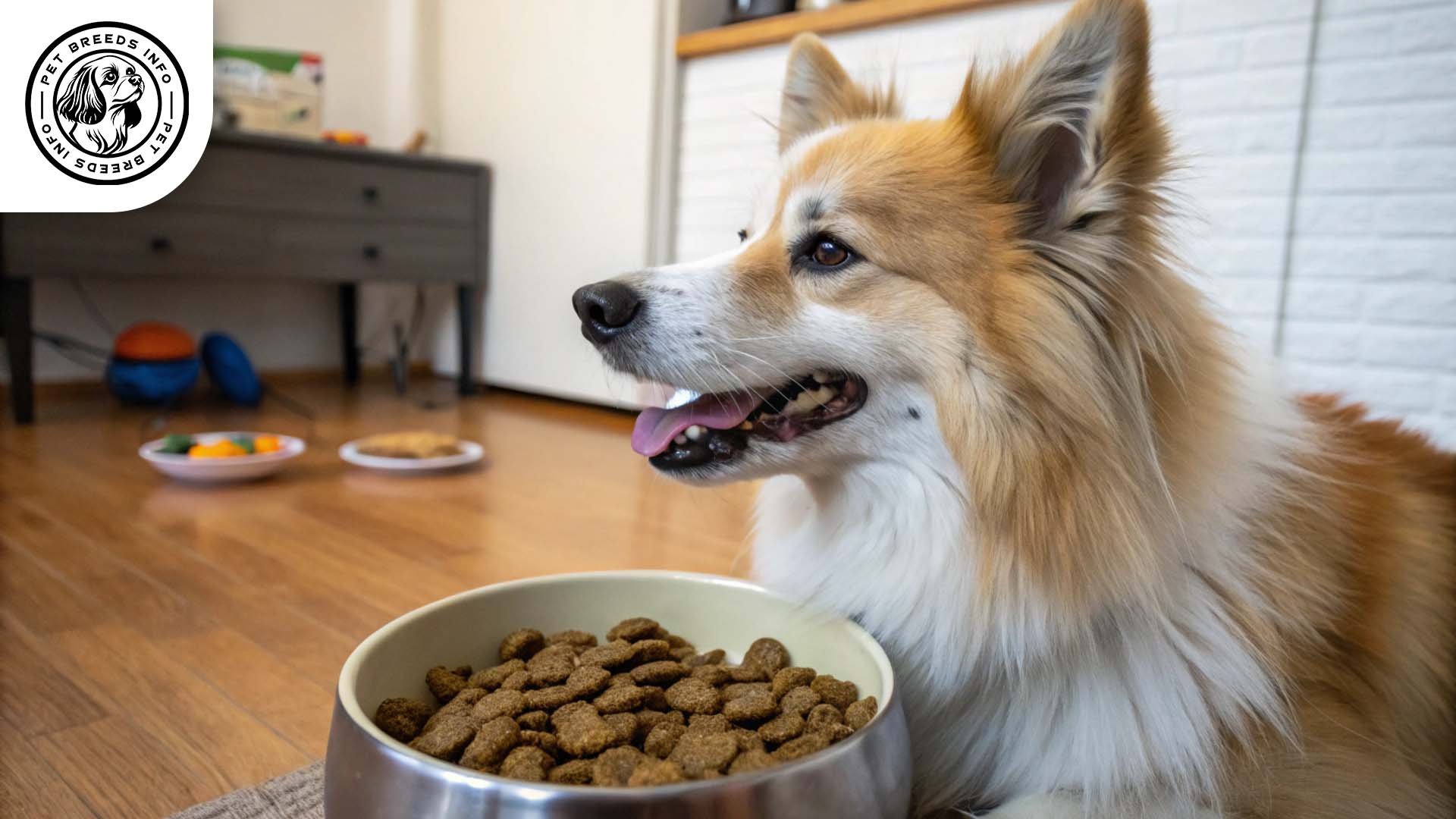
Health and Common Medical Issues
The Icelandic Sheepdog is generally a healthy breed but is prone to certain genetic conditions, including hip dysplasia, patellar luxation, and eye disorders such as cataracts.
Regular veterinary check-ups are necessary to monitor their health. They typically live between 12 to 15 years.
Core vaccinations, parasite control, and dental care are essential to keeping them in good health.
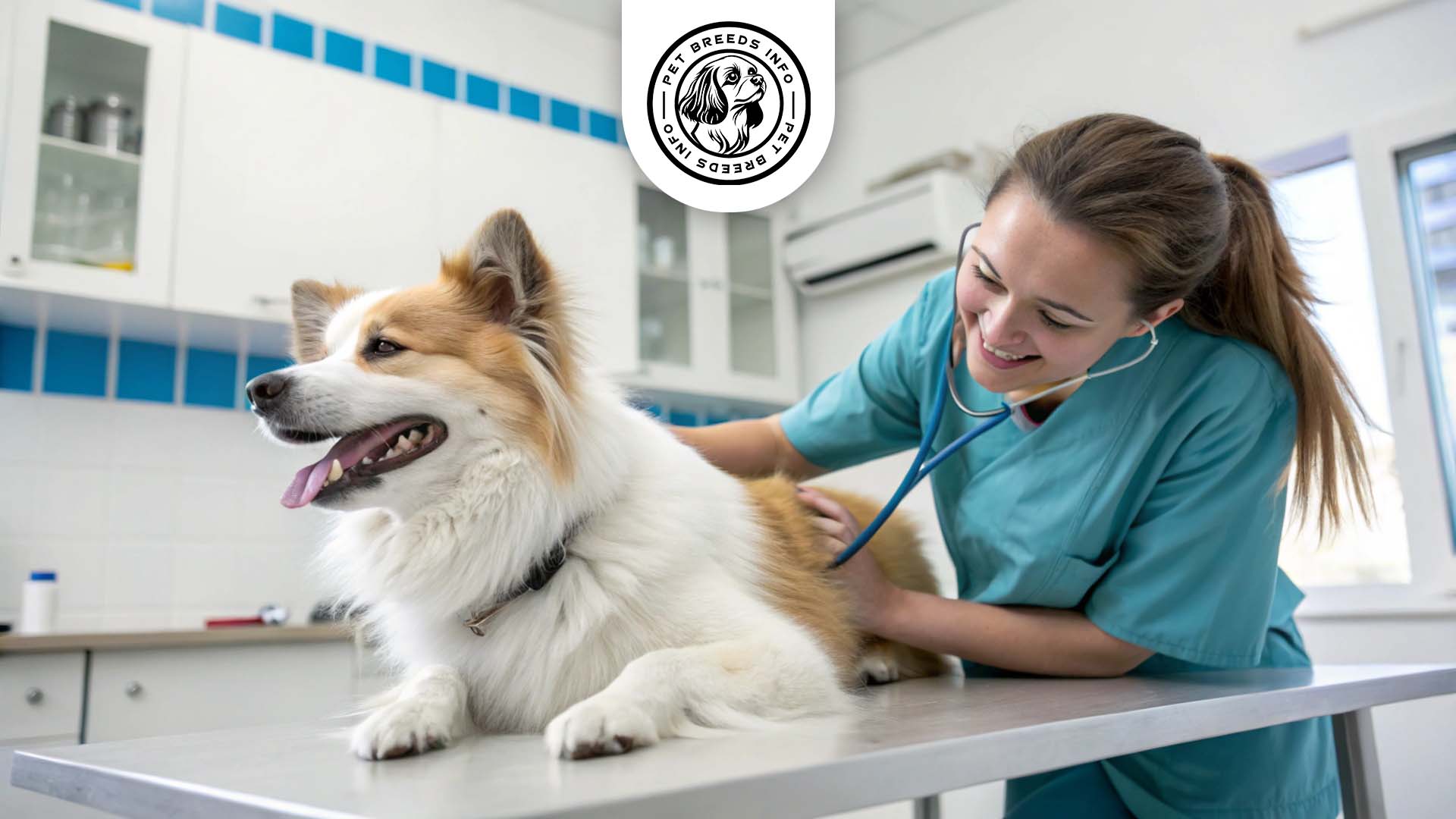
Training and Behavior Management
The Icelandic Sheepdog is eager to please and relatively easy to train when provided with positive reinforcement techniques.
Early socialization is crucial to help them develop good behaviors around people and animals.
Consistency in training and using rewards such as treats and praise ensures the best results in obedience training.
Read More: German Wirehaired Pointer Dog
Interaction with Other Animals and Humans
This breed is well-suited for families, as they are affectionate and get along well with children.
With proper introductions, they coexist harmoniously with other pets.
Icelandic Sheepdogs are highly devoted and prefer spending time with their owners rather than being left alone for long periods.
Price and Availability
The cost of purchasing an Icelandic Sheepdog from a reputable breeder typically ranges between $800 to $1,500, depending on pedigree and location.
Adoption from shelters or breed-specific rescues is a good alternative for those looking to provide a home to a dog in need.
Potential buyers should ensure they acquire their pet from ethical breeders who conduct health testing.
Conclusion and Final Thoughts
The Icelandic Sheepdog is a loyal, intelligent, and energetic companion. They are well-suited for active individuals or families who can provide daily exercise and mental stimulation.
They thrive in homes with space to run and enjoy interactive playtime with their owners.
Before getting this breed, potential owners should consider their exercise requirements, grooming needs, and strong attachment to their family.
With proper care and attention, the Icelandic Sheepdog makes a delightful and lifelong companion.
Read More: French Bulldog
FAQ
Are Icelandic Sheepdogs good for families?
Yes, they are affectionate, social, and great with children and other pets.
How much grooming does an Icelandic Sheepdog require?
Regular brushing (2-3 times a week) is needed, with increased shedding during seasonal changes.
Do Icelandic Sheepdogs adapt well to apartment living?
They can, but they need daily exercise and mental stimulation to stay happy.
What are common health concerns in Icelandic Sheepdogs?
They are generally healthy but prone to hip dysplasia, patellar luxation, and cataracts.
Are Icelandic Sheepdogs easy to train?
Yes, they are intelligent and eager to please, responding well to positive reinforcement.
